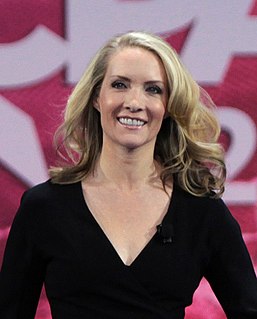A Quote by Abraham Lincoln
Extemporaneous speaking should be practised [sic] and cultivated. It is the lawyer's avenue to the public. However able and faithful he may be in other respects, people are slow to bring him business if he cannot make a speech. And yet there is not a more fatal error to young lawyers than relying too much on speech-making. If any one, upon his rare powers of speaking, shall claim an exemption from the drudgery of the law, his case is a failure in advance.
Related Quotes
We [Americans] know Martin Luther King Jr. as a statue. We know him as a holiday. We know him as a speech. We don't know him as a man. Most people don't even know the whole speech, just "I have a dream." They don't know what his speaking voice was like, how he looked at his wife, or that he had four kids.
"Children, don't speak so coarsely," said Mr Webster, who had a vague notion that some supervision should be exercised over his daughters' speech, and that a line should be drawn, but never knew quite when to draw it. He had allowed his daughters to use his library without restraint, and nothing is more fatal to maidenly delicacy of speech than the run of a good library.
Life is more than thought: what a man feels, and what his senses awaken in him, are more indispensable to his life's fullness than subsequent reflection on their significance. Both Stirner and Nietzsche have elaborated Faust's opening speech in which he bemoans his wasted years in academia: this speech is Goethe's own impeachment of Kant and Hegel . Philosophy proceeds always under the risk of making a fetish of thinking.
It's a sick thing, right: people are afraid of public speaking. I do public speaking, except my public speaking involves the audience only having one type of emotion and one type of reaction. If they have anything other than laughter, it's a failure. That's an absurd thing for a human to try to seek. The main thing to realize is that whatever I say, it's my truth and I believe in it, and if I don't get a laugh off that, then it's not working.
Because of the free speech clause in the First Amendment, which is very clear, "The government shall make no law abridging freedom of speech," and it literally is about political speech. You can say anything you want about politics, a candidate, and the government cannot stop you. And the Democrats hate that.
With support jobs moving to China and India, it's not surprising that English-speaking countries' top frustration revolves around the difficulty of understanding customer service representatives. However, even if the level of customer service is exceptional, the extent to which poorly-understood accents trump quality of service speaks to English-speaking customers' growing intolerance of non-native speech, more so than in other countries.
That Francis Bacon retains his reputation gained, is not strange to any that knows him. The unusual words wherewith he had spangled his speech, were rather gracious for their propriety than strange for their novelty, and like to serve both for occasions to report and means to remember his argument. Certain sentences of his , somewhat obscure, and as it were presuming upon their capacities will, I fear, make some of them rather admire than commend him. In sum, all is as well as words can make it, and if it please Her Majesty to add deeds, the Bacon may be too hard for the Cook.
































